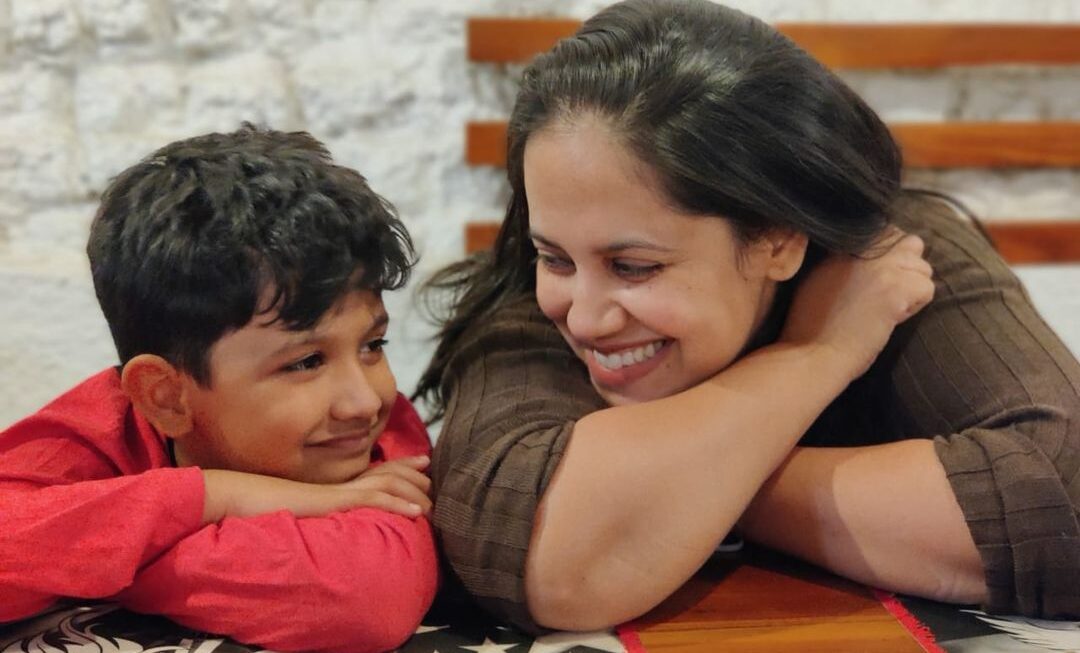As parents we always want to swoop in as soon as we see our kids in trouble but the question is when and how do we make them independent enough to handle it themselves. It is always easy for parents to intervene and stop the big emotions from bubbling up and settle a fight between kids. I recently encountered a situation where I had to step up for my child to stop the other parent from speaking to my child in a condescending tone!
There are times when you aren’t aware and there are strangers or other kid’s parents trying to discipline your child, which is mostly not acceptable by you! No parent want’s a little insight by an outsider on their kid’s behavior. Sometimes simply talking to the parent may also lead the situation to another valley altogether.
As tempting as handling the entire situation by yourself sounds, you need to let the kids handle it out themselves because that is how kids learn to handle their emotional and social skills and it helps them prepare for bigger things to come.
I often tend to get sleepy or get distracted easily when I am in a situation where I only have to listen but I am all gung ho when I have to demonstrate a skill and participate in an activity. As kids the attention span is even shorter and hence lecturing kids about ameliorating their behavior will not always help. Here are a few things I have learnt through my experience of interacting with parents and conferring topics related to their kids and mine.
Decide – Instead of letting your emotional rockets take a flight instantly, you need to decide how important the interaction with other parents is. If it’s someone at school or someone you would meet on an everyday basis, then the communication is important for sure.
Try and stay positive – In situations where children are involved, expecting parents to think about sunshine when it’s already thundering can be a little too much to ask for. You need to keep a positive tone and intent when you are approaching another parent or child.
The Tone Matters – How you approach people and what you say also matters to a great extent. You cannot be adding fuel to fire, you will have to use a softened approach if you have to discuss problems pertaining to someone else’s kids.
Two sides to a coin – There are two sides to a story and two sides to a coin hence you will have to acknowledge both perspectives. Involve the other parent in the solution rather than discussing the problem.
Be appreciative and repair the damage – If you accidentally say something negative about the parent or the other child, apologize. If the other child displays a positive trait, appreciate. Try and create a situation that’s a win-win for both of you.
Express your view points and boundaries – We all eventually want our child to be safe and at the same time we do not want to blow the situation out of proportion. It becomes extremely vital to express your viewpoints calmly and let the other parents know about your style of parenting. They also need to be aware of what works for you. You need to try and avoid evaluation the other child.
At the end of the day, we do not want to engage in conflicts ourselves and we all also want our kids to learn to fight their own battle. You also need to ensure that the kids have communicated their likes and dislikes to each other. Make patching up with friends a fun activity, reward your kids on their honesty and empathy.



